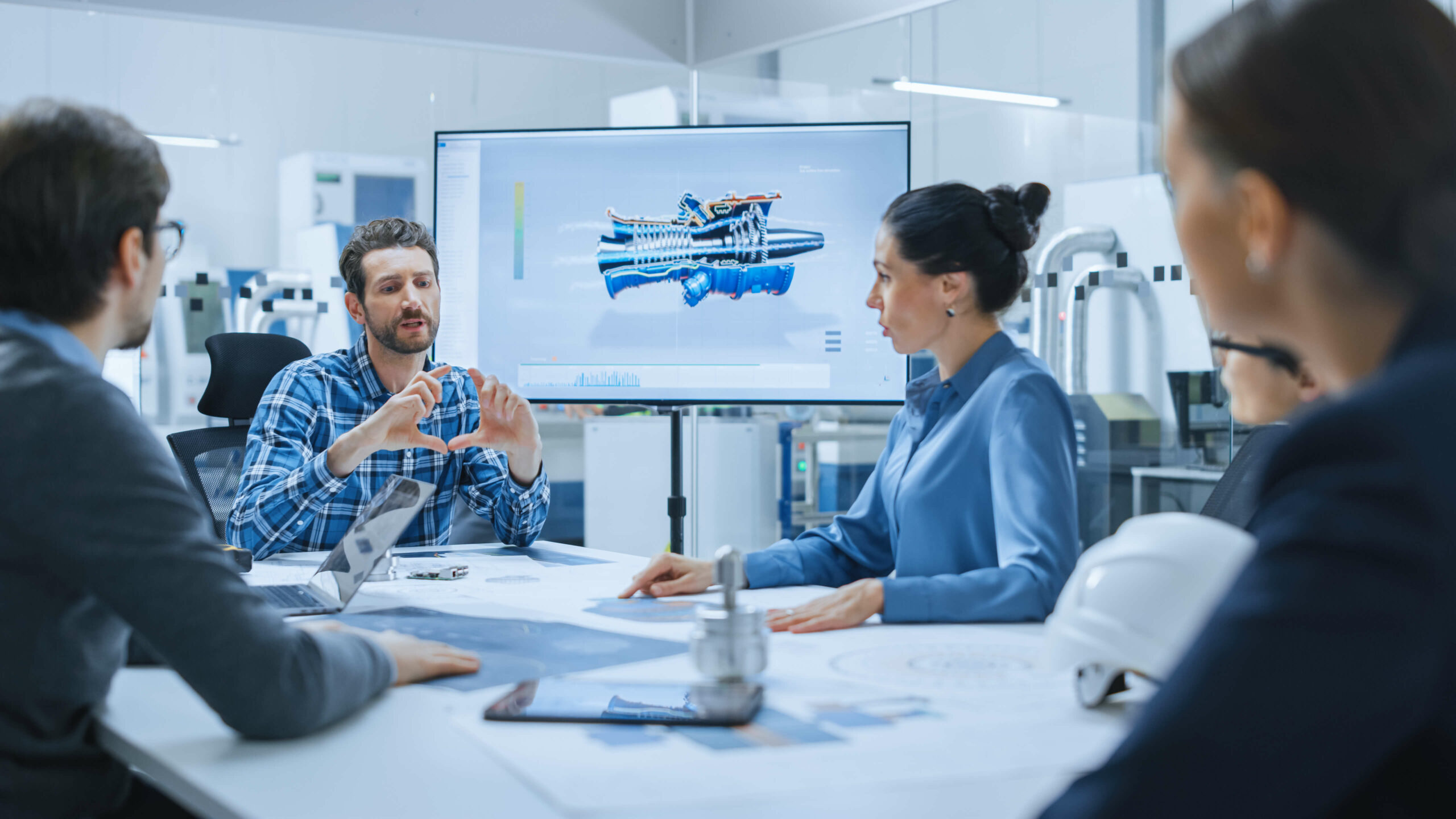Electrical Energy Systems project
Overall Course Objectives
The overall goal of the course is
– to provide the student with a basic understanding of electrical energy systems, ranging from production, distribution and control of electrical energy to the construction of rectifier circuits with associated voltage supplies with or without galvanic separation.
-to train the student in project / group work, where work is done with all the CDIO elements from idea generation to finished function model.
See course description in Danish
Learning Objectives
- Perform basic calculations in power converting systems.
- Calculate power for stationary ac circuits and determine load impedance for maximum power transfer.
- Explain the operation of coils, capacitors, diodes and mosfets in power-electronics-circuits.
- Working with equivalents for electrical machines.
- Determine the timedomain behaviour of voltages and currents and derive the transfer function for basic converter topologies.
- To implement parts of a minor energy system from sources to loads via an energy storage
- Divide a larger task into smaller sub-tasks and organize the solution of the work tasks between the participant
- Document achieved results in a precise and concise way.
- Plan and document a larger project from idea to implementation
Course Content
The course is rooted in the CDIO principles, so that the students get through all the CDIO phases in the project period from idea generation to a functioning functional model which is based on an electrical energy system.
Basic concepts related to power converting systems are touched upon, as well as complex power and voltage ratios. In addition to this, electrical machines and the transition to smartgrids are processed. Subsequently, the focus is on basic converter topologies, including diodes, mosfets, capacitors, and coils.
Electronics-based systems are most often a primary technology driver in the sustainability development, where these contribute to the logistics management of sustainable resources in a social, an economic and an environmental dimension. This sustainability angle is included implicitly in the learning objectives of the course.
Possible start times
- 23 – 26
Recommended prerequisites
Teaching Method
Analysis and design with a high degree of self motivation. The work is performed in groups
Faculty
Remarks
Section of Energy Technology and Computer Science
Elektrisk Energiteknologi: 4. semester
Elektroteknologi: 4. semester





